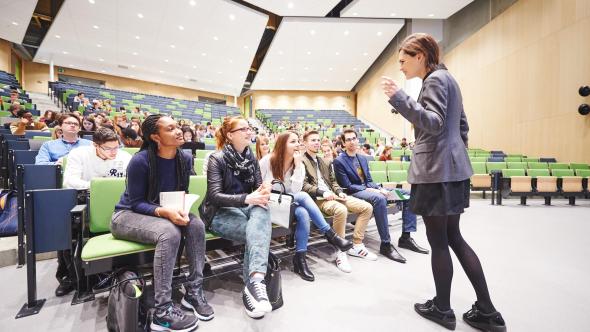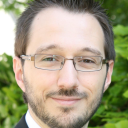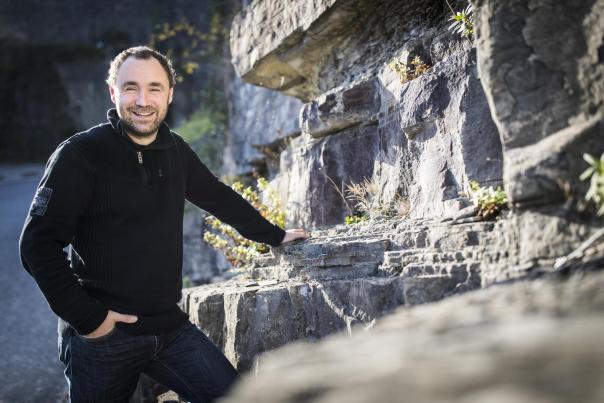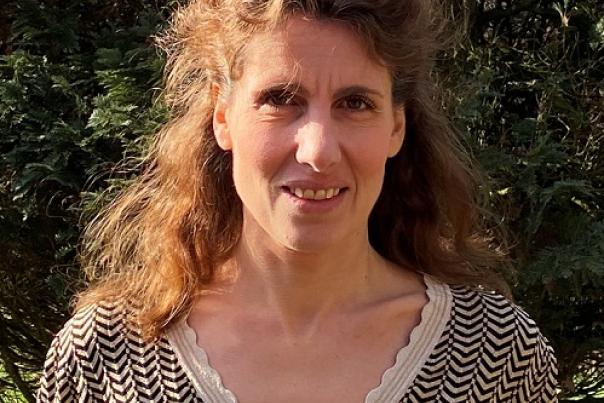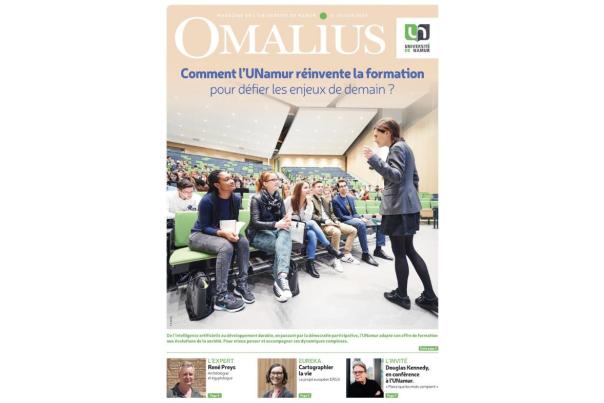Today, sustainable development is precisely at the heart of many courses at UNamur, both in initial and further training. "Today, after 10 or 15 years in the working world, many people feel the need to readjust their skills and knowledge", comments Johan Yans, head of the Certificat inter universités et hautes écoles en Développement Durable. For the past ten years, this training course, which runs over 13 Fridays, has welcomed 24 to 30 participants each year: workers sent by their organizations, people wishing to train on a personal basis, but also participants who have left their jobs and are looking to reorient themselves towards a profession that makes sense to them.
The training lays the foundations in various fields related to sustainable development: climate, biodiversity, corporate social responsibility, economics, resources, law, etc. "The aim is to show that all these aspects are linked,"comments Johan Yans. "In the context of climate, we're obviously tackling energy since we're talking about CO2 emissions, linked to fossil fuels. So we're going to look at mobility, land-use planning, cars, the mineral resources needed for new batteries if cars are electric, or coal gas if cars are thermal. So we're going to be talking about copper, cobalt, indium, mining in such and such a part of the world and therefore reducing biodiversity, ethics, geopolitics, law, economics..." Discovering these interactions allows us to move away from the "y-a-qu'à" logic to confront the real complexity of the issues at stake.
